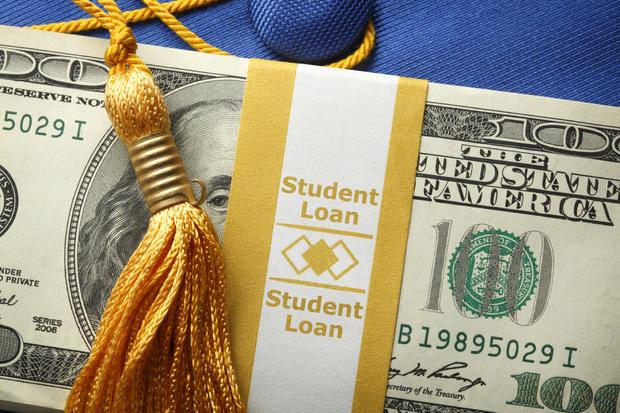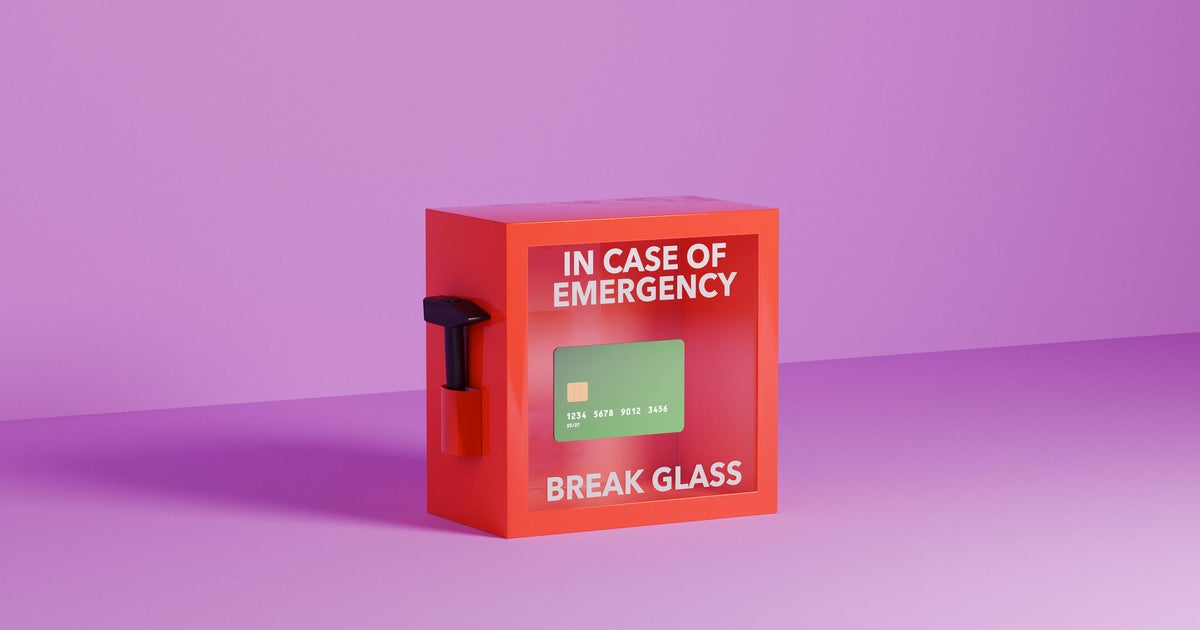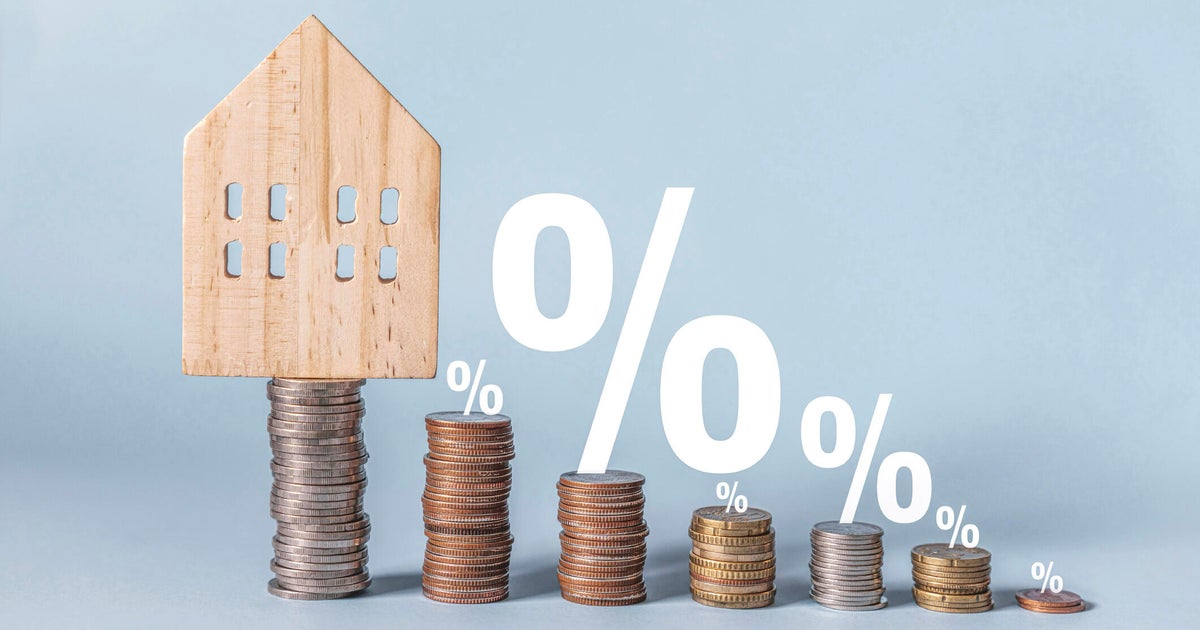How do you qualify for a private student loan?
It's never too early to think about how you're going to finance your education.
Whether you're just getting ready to launch your college career or you're looking to continue your education with a graduate program, you'll want to adjust your budget accordingly. After all, tuition, books, and other supplies can quickly add up.
If you don't have sufficient savings to fully pay for these expenses, you'll want to consider taking out a student loan. A student loan allows you to borrow money from the government or a private lender to pay for your school expenses, though it will need to be repaid over time with interest.
To learn more about student loans and how they work, check out an online marketplace, where you can compare lenders to find the best rates, terms and offers available.
Generally, you'll first want to check if you qualify for a federal student loan through the U.S. Department of Education. These government loans offer several perks such as fixed interest rates, flexible payment plans and eligibility for loan forgiveness. You aren't necessarily required to have a good credit score or a cosigner. To see if you meet the criteria for federal financial aid, fill out a Free Application for Federal Student Aid (FAFSA) form.
For those who aren't approved for a federal student loan or who didn't get enough financial aid to cover all of their school-related expenses, don't worry. You can always go the private lender route. Here's what you need to know about private student loans.
How to get approved for a private student loan
A private student loan is offered through a school, bank, credit union, or other financial institution or agency. Unlike federal student loans, interest rates on private student loans may fluctuate. Private student loans can have fixed or variable rates – it depends on your loan type and lender.
That's why it's important to shop around for student loan lenders. You'll want to look at each lender's terms, rates and conditions.
In order to qualify for a private student loan, it's important to have the following:
- Proof that you're 18 years of age or older and a U.S. citizen
- Proof you have a high school diploma or GED
- Proof that you're enrolled in a college or university
- Proof from your school's financial aid office that you require additional assistance (usually these offices have a form they can share with the lender)
- Proof that you meet any income requirements
Good or excellent credit (if you don't have a strong credit score, make sure you have a cosigner ready).
The National Foundation for Credit Counseling provides more details on everything you'll need to get approved for a private student loan. However, if you're confident that you can check all of the above boxes, then you have a good chance of receiving a loan.
How to apply for a private student loan
When it comes to preparing to get a private student loan, the application process is the easy part. In fact, many online marketplaces will walk you through a simple step-by-step process.
You just need to know the following information to apply for a student loan:
- Personal information: Be prepared to list your name, address, birth date, phone number, email address and more (have your license and Social Security card nearby just in case)
- Tax forms: Make sure you have access to recent tax return documents
- Proof of income, employment, and savings: Have your recent W-2 form and other work-related documents – like paychecks – handy (if you don't have a W-2, make sure your cosigner has one); you should also be prepared to share bank statements
- List of potential schools: Be prepared to share the list of schools (up to 10) you're interested in sending your FAFSA form to and check out each school's preferred lender list
- Credit score: You should know your credit score and history – as most private lenders require a credit check
If you don't know which credit score range you're in, there are several resources you can utilize. Just answer a few simple questions and get your credit score quickly.
Once you submit all of this paperwork, the lender will let you know when to expect approval or denial (some can even tell you within minutes). The timing varies by lender.
Federal vs. private loans: What's the difference?
The two most common types of student loans are federal and private. Before you decide to pick either, you should make sure you thoroughly understand the differences between the two.
Typically, federal loans offer some more perks than private – but there are still some benefits to a private student loan, too, especially for those who don't qualify for aid. Here are some key takeaways between the two types of loans, according to the Federal Student Aid office of the U.S. Department of Education.
Federal loans
- Interest rates: Interest rates are fixed
- Credit history: They don't require a credit check
- Loan forgiveness: You may be eligible for loan forgiveness, depending on your situation
- Payment plans: You have flexibility and can change your repayment plan after you get the loan; some federal loans also offer income-driven repayment plans
- Borrowing limit: It depends on what you qualify for; it's determined by FAFSA
Private loans
- Interest rates: They can have variable or fixed rates
- Credit history: A credit check is typically required; those without established credit will likely need a cosigner
- Loan forgiveness: You do not qualify for student loan forgiveness
- Payment plans: It depends on the lender, some may offer flexible options, but others require payments while the student is still in school
- Borrowing limit: It varies by lender
If you have a good or excellent credit score, then you may be able to receive lower interest rates and better offerings from a private lender.
"Private lenders may allow you to borrow larger amounts, depending on your need and credit history. If you shop around and can show ability to repay, you may be able to find low interest rates relative to certain federal loans," the Consumer Financial Protection Bureau explains on its website, though it notes you should still fill out a FAFSA or research other payment plans your school may offer first.




